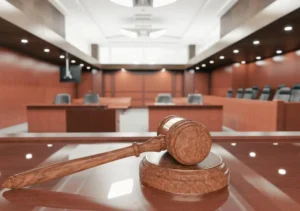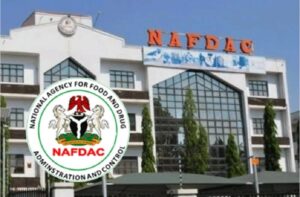Billionaire businessman Femi Otedola has revealed that over N2 trillion was stolen through fake petrol subsidy claims during former President Goodluck Jonathan’s government. According to him, depot licences were the main tool used for this massive corruption.
Otedola, in his statement, also supported the Dangote Petroleum Refinery in its ongoing clash with the Depot and Petroleum Products Marketers Association of Nigeria (DAPPMAN).
The marketers’ association had on September 16 accused Dangote Refinery of disrupting the market by slashing fuel prices, claiming it was meant to destroy competition instead of helping the country.
But Dangote Refinery denied this, saying the association wanted an annual subsidy of N1.5 trillion to keep their depot prices close to its refinery prices.
Otedola stressed that the fuel subsidy system was built to favour depot owners, who became the biggest winners of the scheme.
He recalled warning former President Jonathan that he was being misled, explaining that:
- Over N2 trillion was stolen through false claims linked to depot licences.
- The policy encouraged corruption and greed, not development or fairness.
He also dismissed the idea that depots create jobs, pointing out that:
- A typical depot employs only about five people, including a gatekeeper.
- Filling stations, on the other hand, provide jobs for many Nigerians such as attendants, security staff, cleaners, and cashiers.
Otedola urged depot owners to stop holding on to what he called outdated facilities that no longer benefit the economy. He compared the situation to the cement industry, where bulk carriers went out of use after Nigeria started producing cement locally.
He warned that depot owners could soon face irrelevance and bankruptcy if they don’t change. Instead of resisting change, he advised them to sell, restructure, or invest in new industries.
Finally, Otedola challenged depot owners to prove they believe in competition by pooling their money to buy the Port Harcourt Refinery and try to succeed where the Nigerian National Petroleum Company Limited (NNPCL) had failed.







